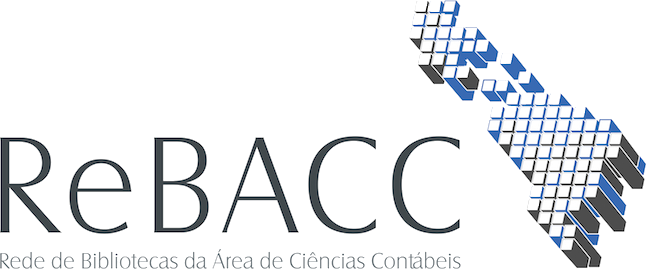Use este identificador para citar ou linkar para este item:
http://rebacc.crcrj.org.br/handle/123456789/5053| Título: | TEN YEARS OF FISCAL RESPONSIBILITY: A STUDY OF EVOLUTION IN THE PUBLIC DEBT OF THE PREFECTURE OF RECIFE DEZ ANOS DE RESPONSABILIDADE FISCAL: UM ESTUDO DA EVOLUÇÃO DA DÍVIDA PÚBLICA DA PREFEITURA DO RECIFE |
| Editora / Evento / Instituição: | Portal de Periódicos Eletrônicos da UFRN |
| Descrição: | The Fiscal Responsibility Law limits were set for some expenses, such as with labor expenses and for public debt, has determined that they were created targets to control revenue and expenditure, focused on the actions of governor in transparency and equilibrium of the public accounts. This article aims to analyze how behaved the indebtedness of the city of Recife (Brazil) against obedience to the Law of Fiscal Responsibility, ten years ago after the edition of the law. Therefore the research was performed by using the deductive method, the descriptive and explanatory, through techniques of bibliographic and documentary research. The study analyzed the financial statements of the municipal entity, required by Brazilian Law no. 4,320/1964 and Brazilian Complement Law no. 101/2000, available reports on the internet. The results show that the municipal debt has remained constant throughout the series studied. It was also noted that there were no significant changes, therefore, both the ratio of net current revenues (RCL) with credit operations, as well as in relation to the compromising of RCL in amount of the payment of debt service and their amortization, did not exceed the limit established in present legislation and that the increase of net current income may have given a reduction in the dependence of third party funding for investments. Keywords: Debt. Fiscal Responsibility Law. Municipal revenue. City of Recife. A Lei de Responsabilidade Fiscal fixou limites para algumas despesas, como as de pessoal e as relacionadas à dívida pública, determinou que fossem criadas metas para controlar receitas e despesas e focou as ações dos governantes na transparência e no equilíbrio das contas públicas. Este artigo teve como objetivo analisar como se comportou o endividamento do município de Recife, ante a obediência à Lei de Responsabilidade Fiscal, depois de dez anos de sua edição. Para isso, a pesquisa foi realizada através do método dedutivo, do tipo descritivo-explicativo, por meio de técnicas de pesquisa bibliográfica e documental. O estudo analisou as demonstrações contábeis do ente municipal, exigidas pela Lei nº 4.320/1964 e pela Lei Complementar nº 101/2000, que se encontram disponíveis na Internet. Os resultados revelam que o endividamento municipal manteve-se constante ao longo da série estudada e que não houve mudanças significativas, pois a relação da receita corrente líquida (RCL) com as operações de crédito, em relação ao comprometimento da RCL, no montante do pagamento do serviço da dívida e sua amortização, não ultrapassou o limite estabelecido pelas legislações pertinentes e que o aumento da receita corrente líquida pode ter proporcionado uma redução na dependência do financiamento de terceiros para investimentos.Palavras-chave: Endividamento. Lei de Responsabilidade Fiscal. Receitas municipais. Município de Recife. |
| URI: | http://rebacc.crcrj.org.br/handle/123456789/5053 |
| Outros identificadores: | https://periodicos.ufrn.br/ambiente/article/view/2136 |
| Aparece nas coleções: | Revista Ambiente Contábil - Universidade Federal do Rio Grande do Norte - eISSN 2176-9036 |
Arquivos associados a este item:
Não existem arquivos associados a este item.
Os itens no repositório estão protegidos por copyright, com todos os direitos reservados, salvo quando é indicado o contrário.

